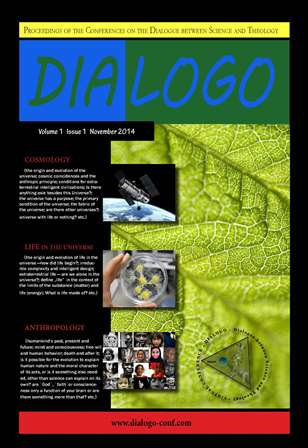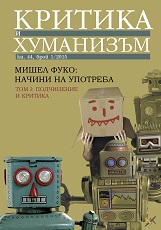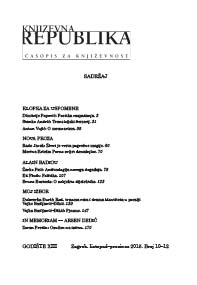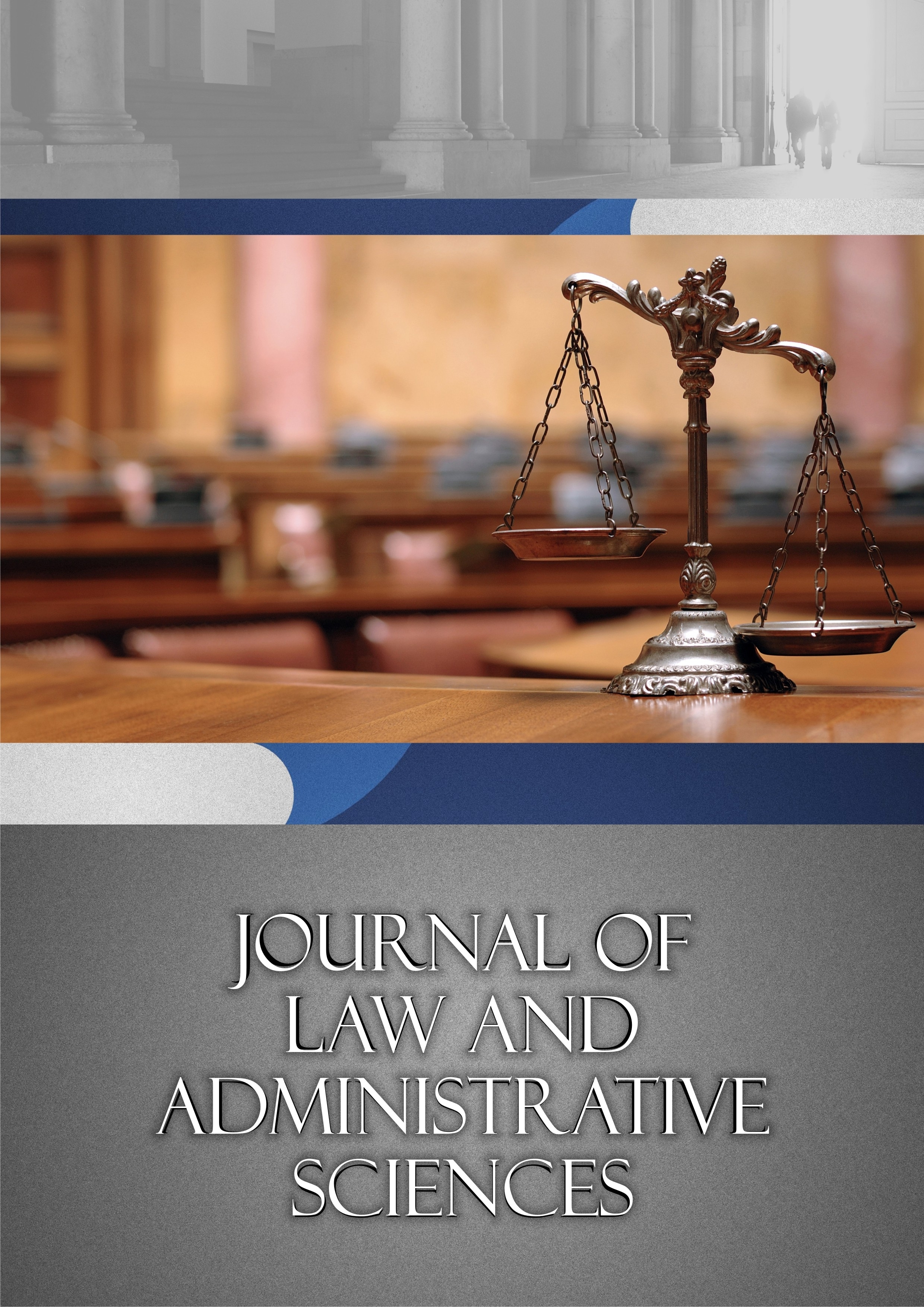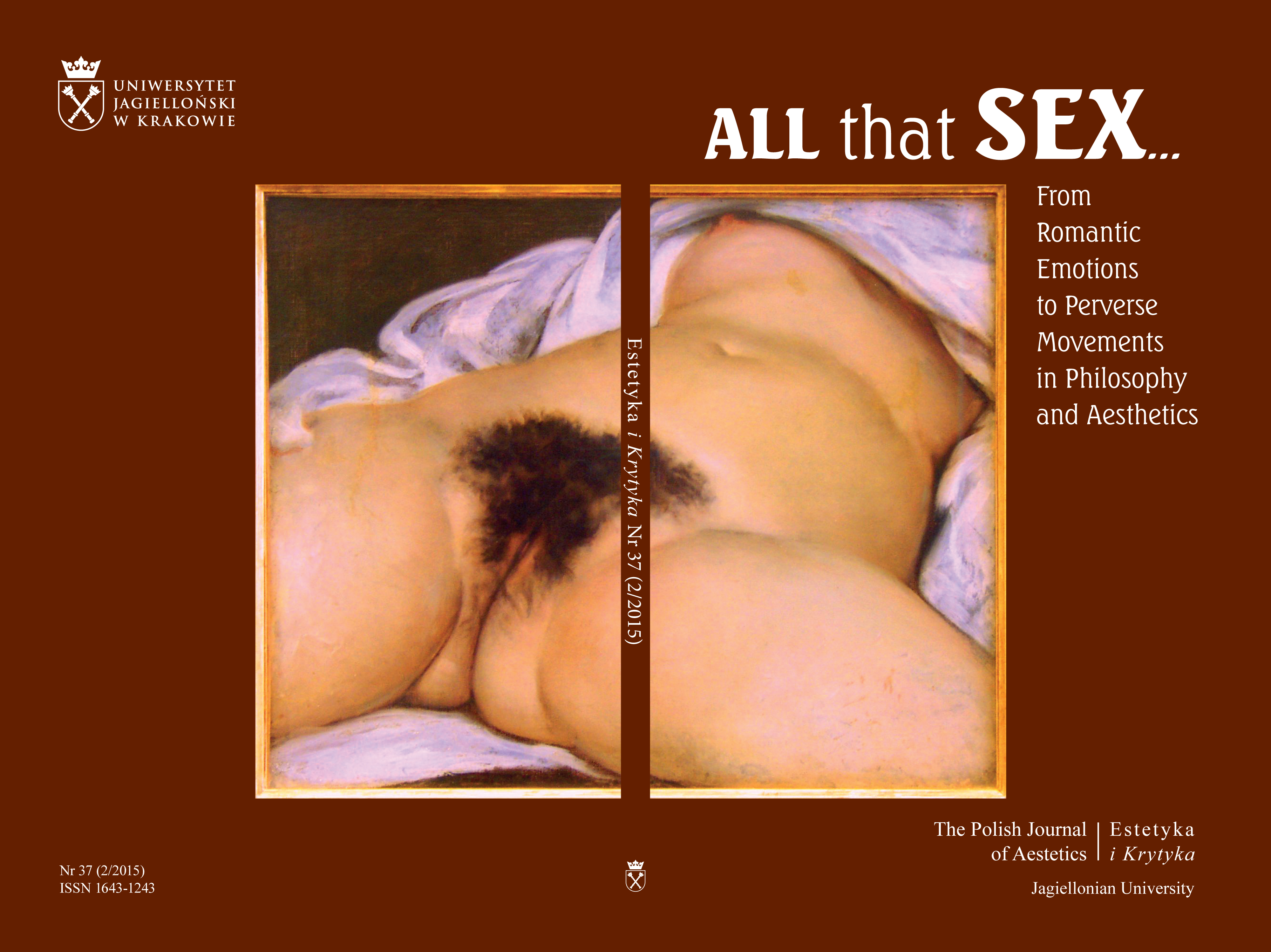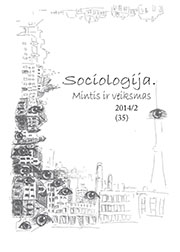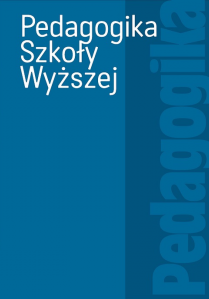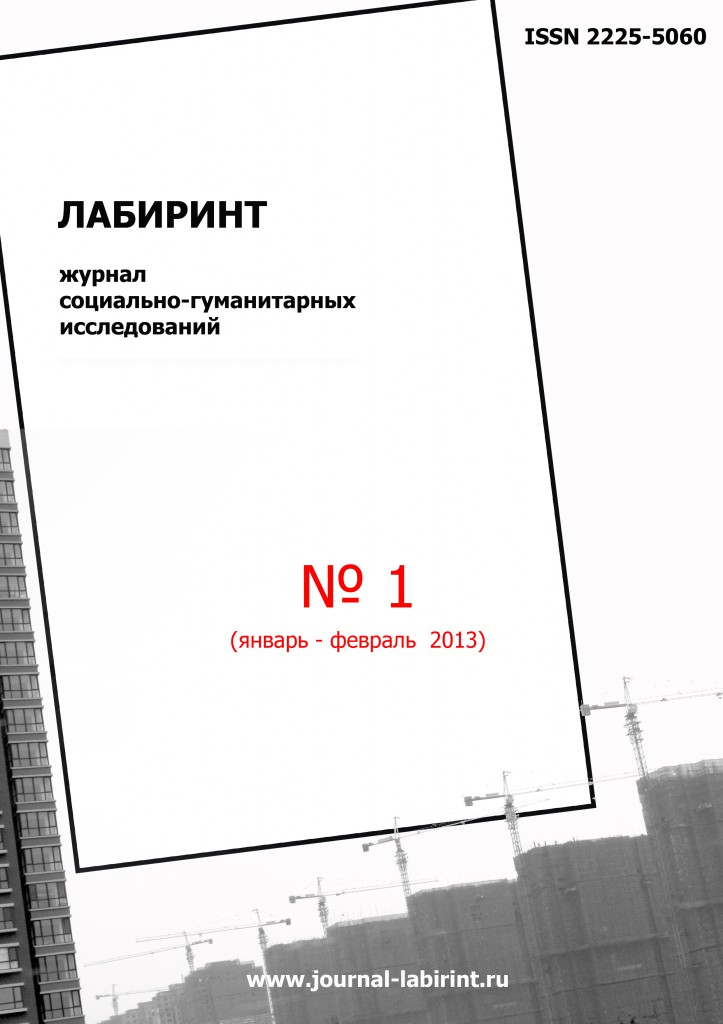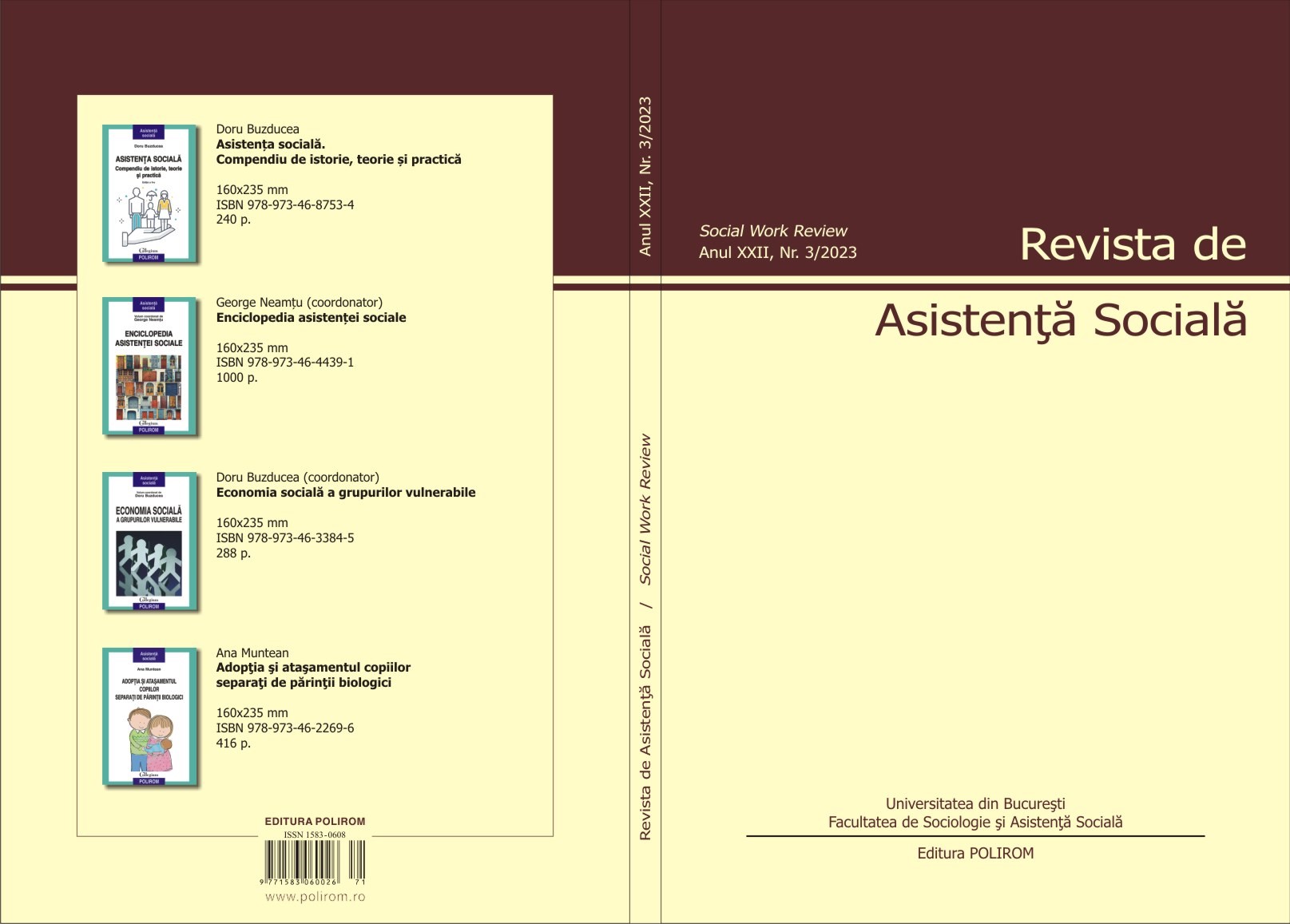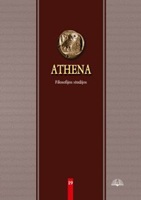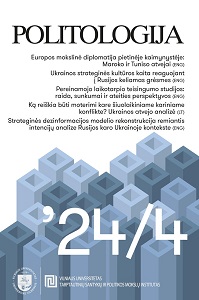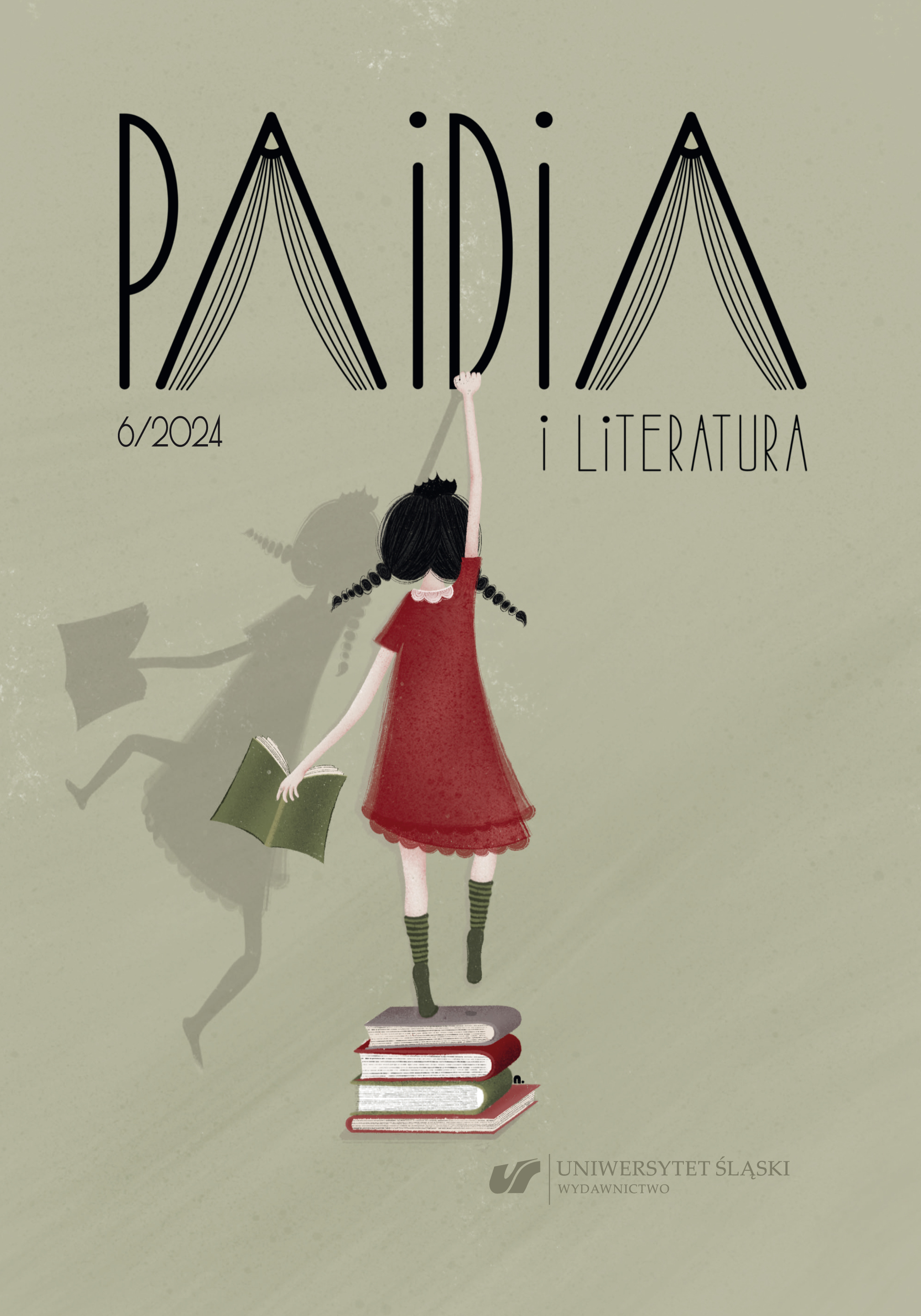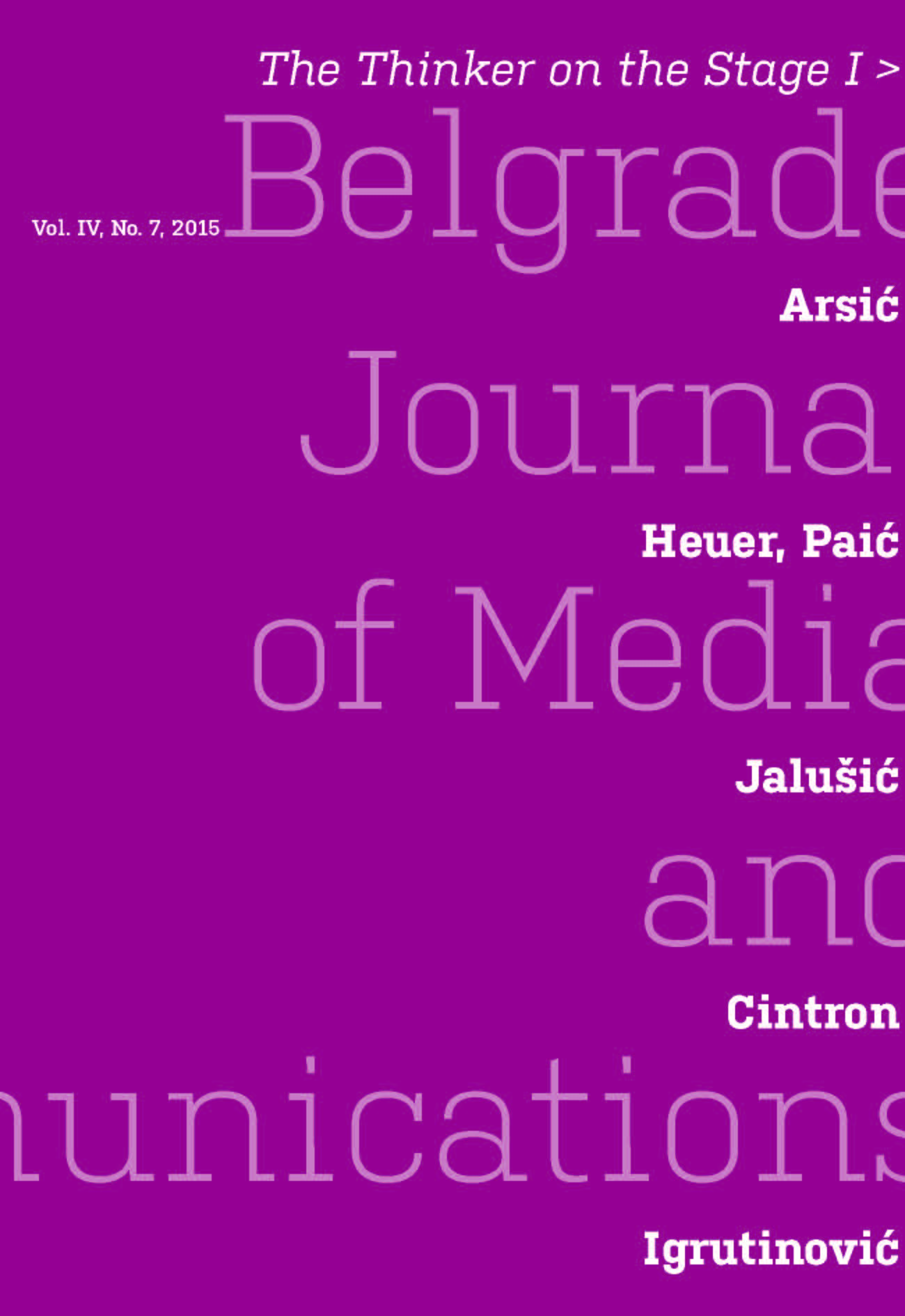
From Revolution to Catastrophe
This essay describes catastrophe and revolution as distinctive events and tropes in the modernist imaginary. Revolution in particular has been associated with social change and temporal advancement toward a better future that seems to be constitutive of managerial modernity. Both the political left and economic right have subscribed to revolution, but it is the free marketers through figures such as Joseph Schumpeter and his analyses of creative destruction as revolution that has displaced the Marxist tradition. The result is that the utopianism of a political future has moved offstage, meaning that all politics today (including democracy) is a species of oligarchy. Social change through revolution, then, is no longer a substantive proposition but more of an improvisation within oligarchic rule. Hence, catastrophic events have more potential for social change than revolution, but even these often act more like economic stimulus programs. Nevertheless, there is always a texturing, a braiding, of contrary elements inside any hegemonic rule. Consequently, outcomes and futures cannot be determined.
More...

